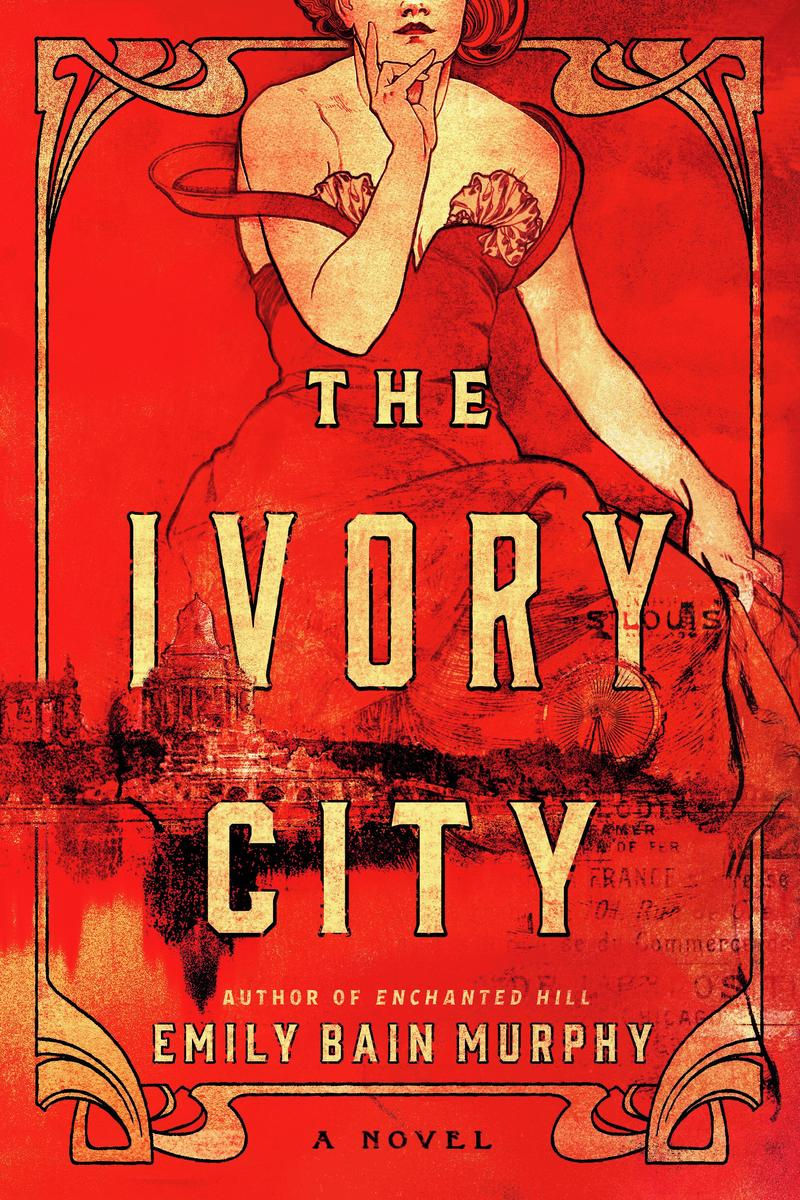"The Trials of Harry S. Truman" Reviewed by William Winkler
- cstucky2

- May 17, 2022
- 2 min read
Jeffrey Frank is an American journalist and novelist who has written for “The New Yorker” and “The Washington Post.” His first work of non-fiction, “Ike and Dick,” studied the complex relationship between Dwight Eisenhower and Richard Nixon. His most recent book, “The Trials of Harry S. Truman,” steps a decade farther back into the mid 20th century to examine the presidency of Harry S. Truman, a common man who rose through the ranks of the Democratic Party to become President of the United States upon the death of Franklin D. Roosevelt.
Frank’s prologue, “The Missourian,” describes, without going into deep detail, Harry Truman’s background; his personal, military, and political life. Such background is necessary to help the reader understand Truman’s behavior and decisions during his eight years in the White House.
Franklin Roosevelt died in April 1945. Truman ascended to the presidency only one month before the war in Europe ended. Truman then had to turn his attention to the war in the Pacific and the plans for invasion of the Japanese mainland, the first major trial of his young presidency. The decision to use the newly developed atomic bomb on Japanese targets fell squarely on his shoulders, a decision which haunted him for the rest of his life.
Frank details the complicated relationships between Truman and his many advisors, some of whom served under a cloud of suspicion because of their own aspirations to greater political power. He describes the arms-length relationship Truman had with FBI director J. Edgar Hoover.
Truman’s strong suit was not in foreign relations. His staff of advisers made, or at least suggested, most of his major foreign policy decisions. He never seemed comfortable in face-to-face discussions with other world leaders, including Winston Churchill. His one meeting with Stalin, only months into his presidency, did not produce any significant change in the increasingly tense relationship between the U.S. and the Soviet Union, although Truman wrote in his diary, “I can deal with him.”
In the eyes of many of his contemporaries, and in the eyes of some historians, Truman’s greatest failing was his handling of the Korean conflict, which was brought to an end only after the inauguration of Truman’s successor, Dwight Eisenhower. Truman’s disagreement with, and ultimate firing of, popular general Douglas MacArthur did nothing to appease his detractors, some of whom had supported him in his tense re-election campaign of 1948.
Frank’s book is the first major work on Harry Truman’s presidency in almost 30 years. Frank had access to a great deal more primary sources than previous chroniclers of Truman’s presidency, including Truman’s diaries and other papers in the archives of the Truman library in Independence, Missouri, the first library of its kind. His book provides an honest, balanced picture of the presidency of a plain-spoken, down to earth politician. Readers of history will find this work to be a significant addition to the Truman literature.

.png)





Comments